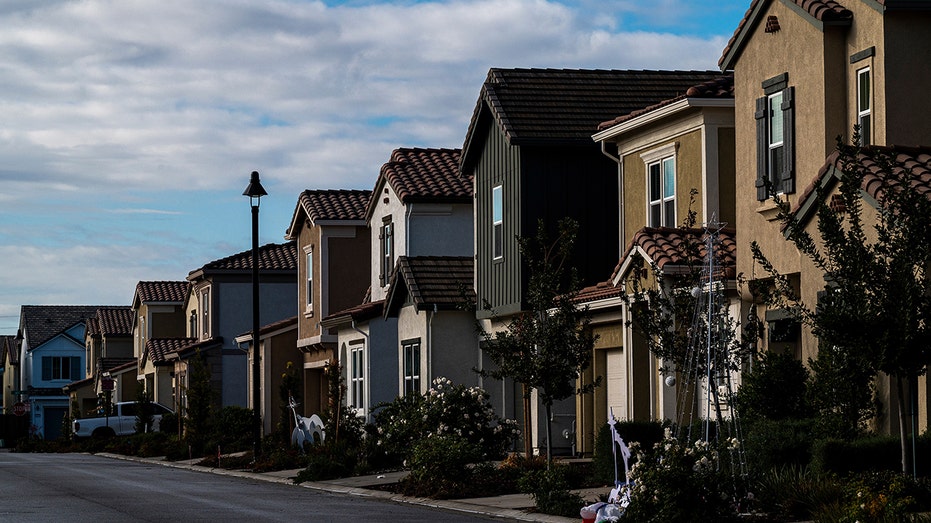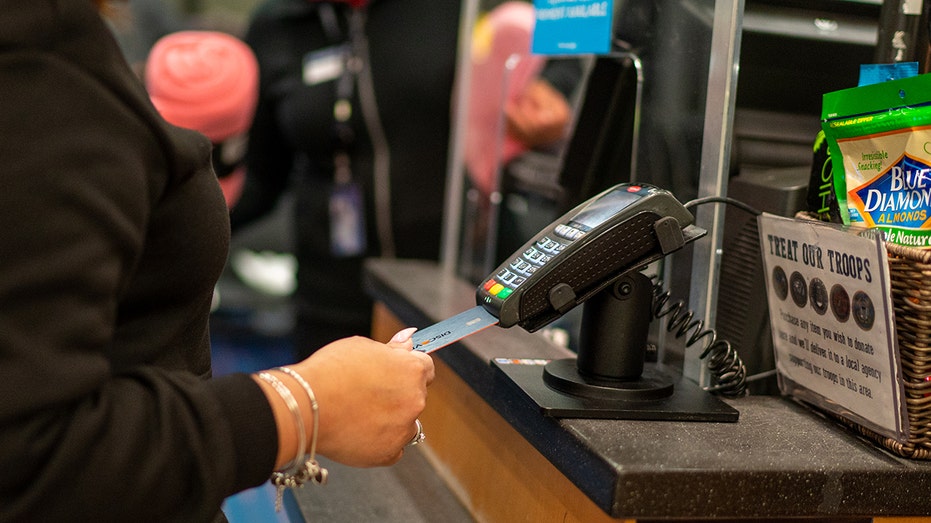
Nearly 30% of Americans behind on debt payments in largest metros, study finds
Last Updated on January 11, 2024 by Admin
[ad_1]
The Ramsey Show co-host George Kamel reacts to Guy Fieris stance on leaving his fortune to his kids and how to avoid overspending and credit card debt.
American households racked up a record $17.29 trillion in debt last year, driven by mortgage, credit card and student loan balances, according to the latest numbers from the Federal Reserve Bank of New York. Now, fresh data indicates an alarmingly high percentage of consumers began falling behind on their payments at the same time.
A new study released by LendingTree found 29.6% of residents in the nation’s 100 largest metros were behind on at least one debt payment during the third quarter of 2023, and 27.3% had serious delinquencies that were over 90 days past due or more. More than a quarter, 26.2%, had debt in collections.
Almost 30% of Americans were behind on at least one debt payment in the third quarter of 2023, nearly all of which were in serious delinquency, according to a new LendingTree analysis. (iStock / iStock)
“That’s a huge number of people behind on their debt payments,” LendingTree chief credit analyst Matt Schulz said. “Late payments can damage your credit score, making things even tougher on you financially.”
MORE AMERICANS ARE RACKING UP CREDIT CARD DEBT
More than a third of millennials (36.7%), ages 27 to 42 last year, and Gen Zers (36.2%), ages 18 to 26, had at least one delinquent account. Millennials were found to have the highest default rates on credit card accounts (19.6%), auto payments (7.8%), personal loans (8.3%) and other debts (27.9%). However, Gen Xers, ages 43 to 58, were most likely to be behind on a mortgage payment, at 1.2%.

Homes in Rocklin, California, on Tuesday, Dec. 6, 2022. Gen Xers, ages 43 to 58, were the most likely to fall behind on a mortgage payment in the third quarter, LendingTree found. (Photo by David Paul Morris/Bloomberg via Getty Images / Getty Images)
“In the face of cooling, albeit still high inflation, and steep interest rates, a large number of Americans are struggling to keep up with their debt payments,” LendingTree’s senior economist, Jacob Channel, told FOX Business. “This is especially true for members of younger generations, who might not have the incomes or savings they need to really stay on top of what they owe.
US ECONOMY STARTING TO LOOK ‘MORE LIKE THE 1970S,’ JPMORGAN CHASE’S JAMIE DIMON SAYS
“While there’s no sugar-coating how tough it can be on your credit score and broader finances when you fall behind on payments, the good news is that being delinquent on debt isn’t necessarily the end of the world,” Channel said.

U.S. consumers have increasingly used credit cards for everyday necessities as inflation remains elevated and continues to squeeze household budgets. (Robert Nickelsberg/Getty Images / Getty Images)
“Though it’s no walk in the park, plenty of people who were once in serious debt have managed to climb out of the hole they found themselves in — especially if they were willing to carefully budget and reign their spending in.”
GET FOX BUSINESS ON THE GO BY CLICKING HERE
In the study, LendingTree analyzed anonymized credit reports of roughly 310,000 users on its platform from the largest 100 metros according to U.S. Census data.
[ad_2]
Source link




